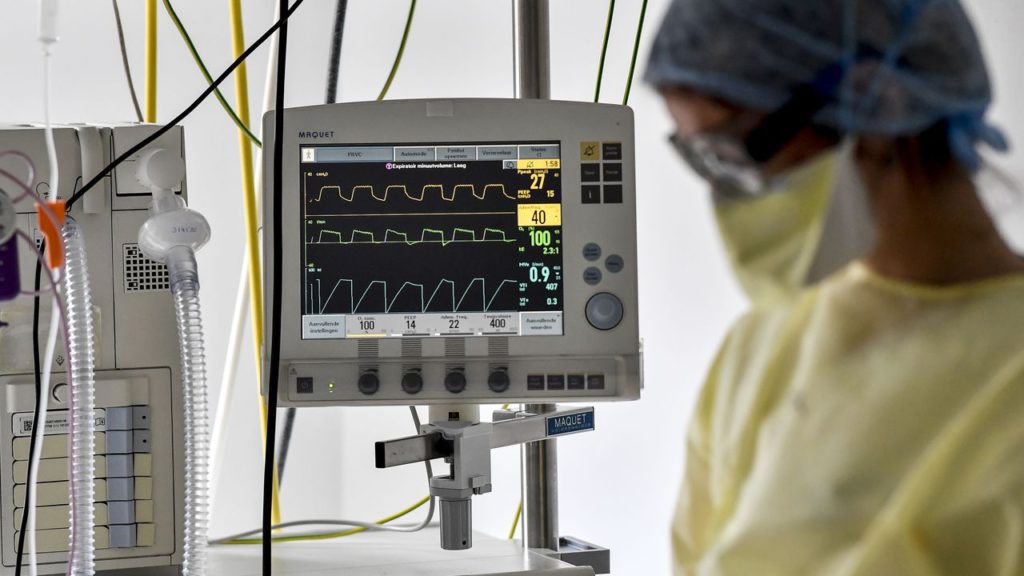As Belgium enters a new wave of Covid-19 infections, the federal knowledge centre for health care (KCE) has just issued an extensive new report warning of a danger on the horizon: a wave of cases of post intensive care syndrome (PICS).
PICS is a series of symptoms revealing the unintended side effects of prolonged ICU care, including memory loss, muscle weakness and depression. It has been found to affect to some extent or other more than half of all patients who have to undergo treatment in intensive care.
In the longer term, according to a major study published last year, 40% of people discharged from ICU remained unable to work one year after discharge, while one in three were still too ill to work after five years.
“Impacts ranged from unplanned job changes to complete job loss to early retirement,” said study author Professor Biren Kamdar of the university of San Diego.
“Survivors frequently required ongoing disability benefits with rates of 20 to 27 percent at one year, and 59 to 89 percent at 76 months.”
The KCE report addresses general practitioners, who are the ones who will be faced with dealing with patients suffering the after-effect of intensive care.
PICS can take three forms, and patients can suffer any combination of complaints.
“The physical symptoms are the first to appear, even when the patient is leaving the ICU,” the report explains.
“The most common problem is extreme muscle weakness, which is seen in about 40% of patients. The complaint is not only caused by a prolonged period of bed-rest, but also by the muscle wasting due to acute inflammation. Usually this problem improves over the course of the first year.”
The second set of symptoms involve cognitive problems such as memory loss, attention problems or difficulty in expressing oneself. These cognitive problems can last for several years.
Finally, the third set of symptoms point to psychological problems like depression, anxiety and post-traumatic stress (PTSD), including nightmares and flashbacks to the ICU.
This set of symptoms can be the longest-lasting, and some aspects can even be experienced by those near to the patient, for whom the experience has also been a traumatic one. That effect is known as PICS-F, and affects 20% to 50% of family members.
“After discharge from hospital, the focus is usually on the initial pathology (severe by definition) and the physical condition of the patient,” the KCE says.
“The cognitive and psychological symptoms are often less prioritised, and a link with the stay in the ICU is not always made.”
To complicate the matter, patients with PTSD exhibit avoidance behaviour, or a kind of denial which leads them to avoid or refuse to see a doctor.
“As a result, their PTSD can be ignored by healthcare providers for a long time. PICS-F, even less well known than PICS, is even less likely to be diagnosed and treated.”
To help GPs cope with the little-known phenomenon, the KCE has proposed a set of six practical tools to make it easier for them to screen patients and, if need be, refer them to a specialist.
The centre will also continue its research into PICS, with a view to examining what preventive measures could already be applied in the ICU to prevent the syndrome from developing.
Alan Hope
The Brussels Times

